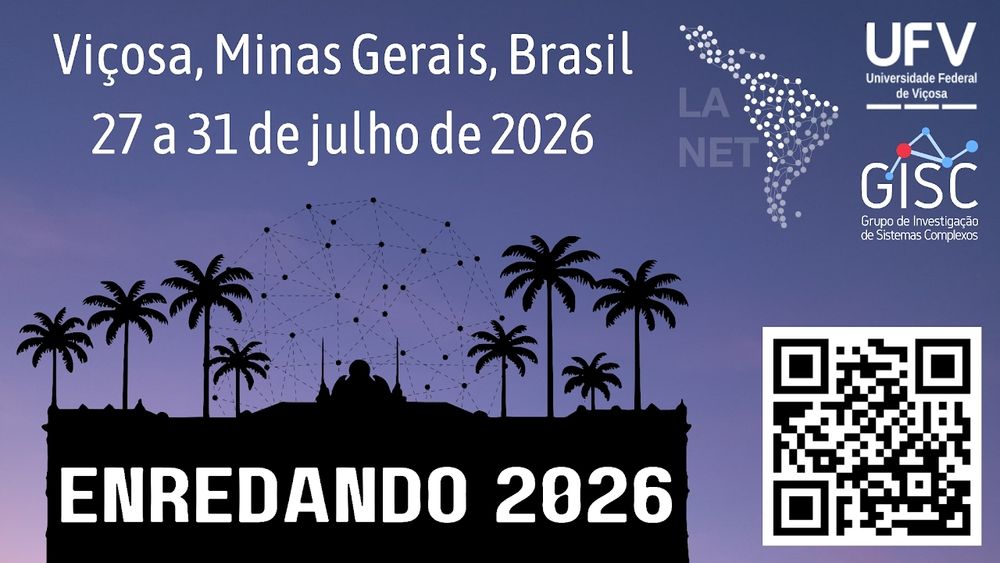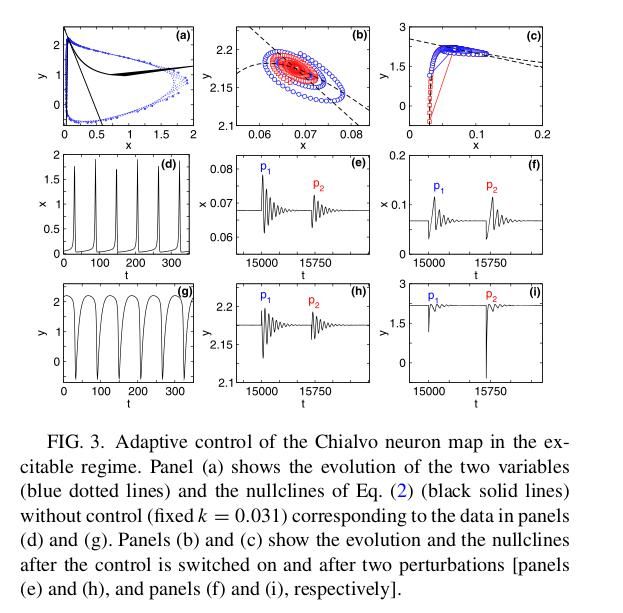
Moving complexity forward since 1992
Physics Department, Federal University of Viçosa, Brazil
https://giscbr.org/
📅 27 a 31 de julho de 2026
Mais informações em enredando.giscbr.org
Organização: GISC/UFV

📅 27 a 31 de julho de 2026
Mais informações em enredando.giscbr.org
Organização: GISC/UFV
3/3


3/3
2/3

2/3
3/3

3/3
2/3

2/3
A new paper is out! “Controversy-seeking fuels rumor-telling activity in polarized opinion networks” by Hugo P. Maia, @silviojrufv.bsky.social, and Marcelo Martins was published in Chaos, Solitons & Fractals and is available at doi.org/10.1016/j.ch....
1/3

A new paper is out! “Controversy-seeking fuels rumor-telling activity in polarized opinion networks” by Hugo P. Maia, @silviojrufv.bsky.social, and Marcelo Martins was published in Chaos, Solitons & Fractals and is available at doi.org/10.1016/j.ch....
1/3
[...]

[...]




3/4

3/4
2/4



2/4
Thread: 1/4
(reproduced from X, Mar 14, 2023)

Thread: 1/4
(reproduced from X, Mar 14, 2023)

